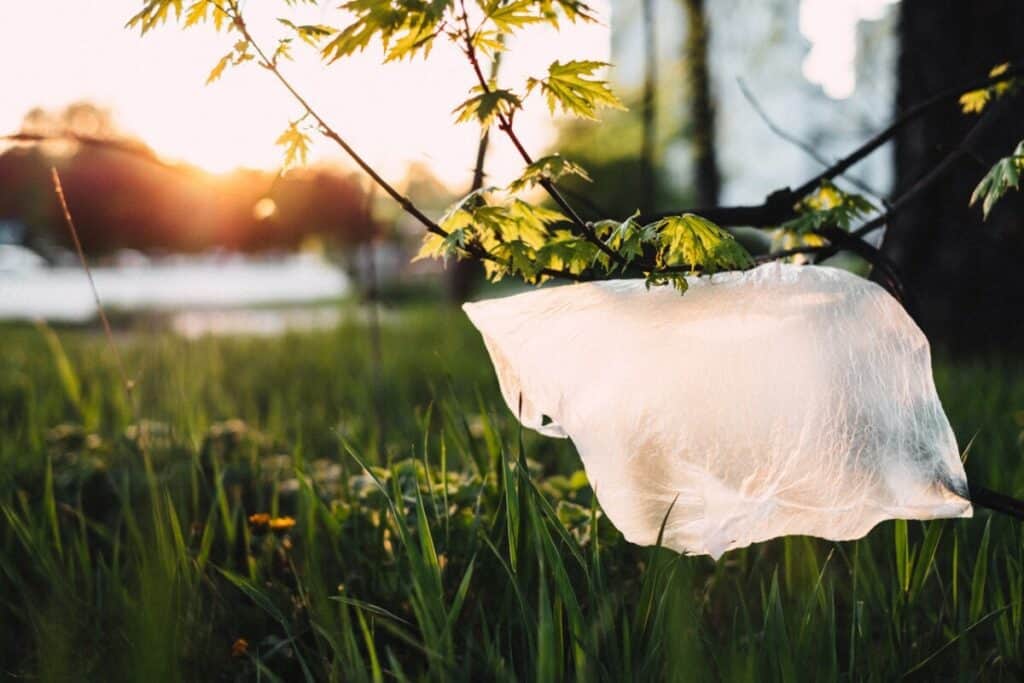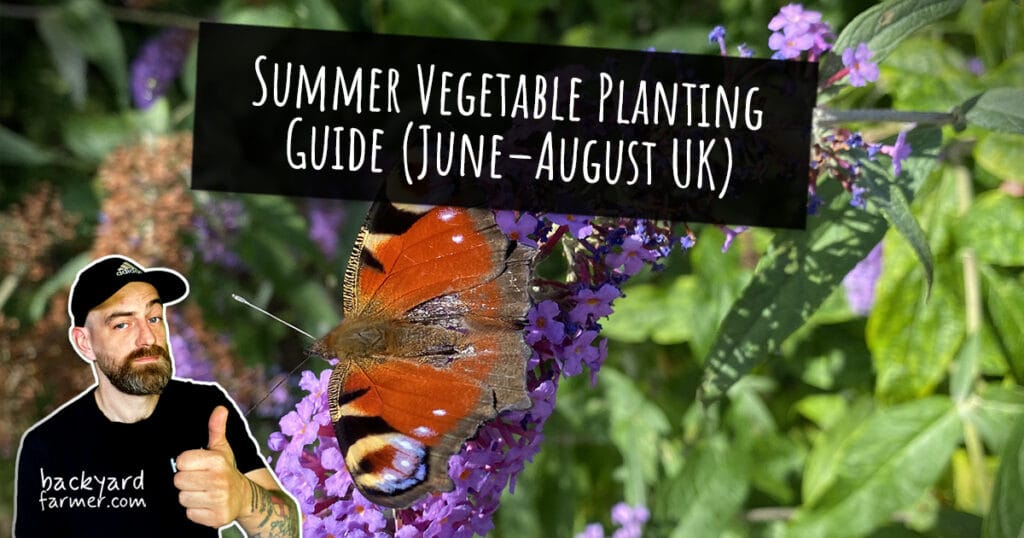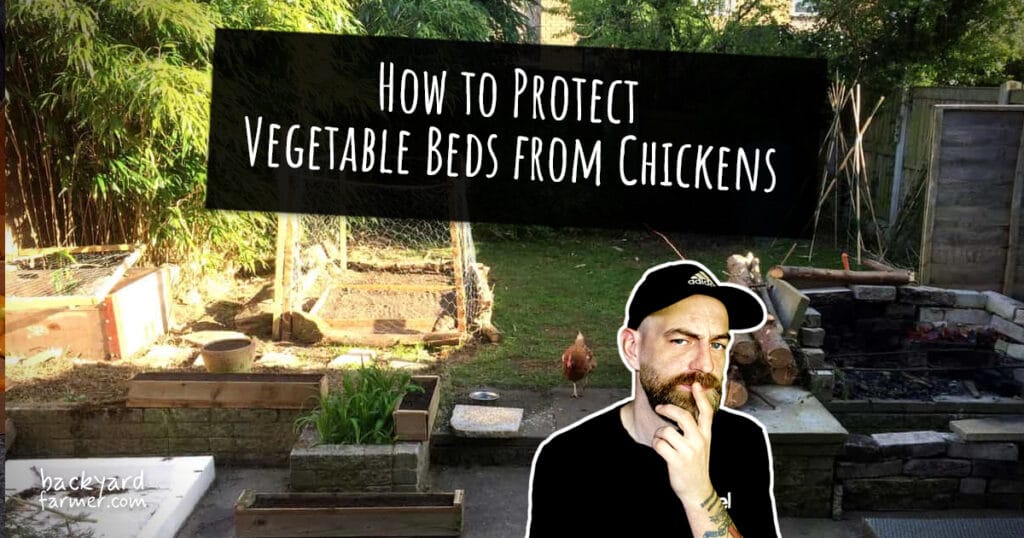It’s hard not to feel the burden of your waste this day and age! If you’re looking for ways to make your lifestyle more environmentally friendly you have landed on the right page.
The whole ethos of ‘The Backyard Farmer’ is about trying to create a modern lifestyle that does not have a huge negative effect on the planet. After all, it’s home and it’s the only one we have right now, so we better start looking after it.
How to be ‘eco friendly’ when you work full time
Over the past couple of years at the backyard farm we have been working hard at building a realistic lifestyle that both reduces our negative impact on the environment and maintains a ‘modern’ lifestyle. Afterall you do not have to jump straight to a ‘0 waste’ lifestyle right away, it takes time and consistency.
To help reduce your negative effects on the environment we have found a handful of easy ways to help reduce your waste and pollution.

1 – Change your daily commute
If your daily commute is within 10 miles and you are a fit and healthy individual, there is really no excuse! You can ride into work. Not only will this keep you healthy both mentally and physically, it is also 0% carbon emissions (well, apart from what you breathe out obviously)
You could also:
- Ride to work on a bike (electric or pedal)
- Walk in
- Ride a scooter to work (electric or analogue)
- Use a Segway
- Rollerblade
- Rollerskate
There are some obvious restrictions for some people such as not having changing facilities at their place of work. However, there is always something you can do to help reduce your carbon footprint on your daily commute.
Even using public transport like a train or bus can help reduce the carbon emissions you produce on a daily basis. Car pooling/sharing is also a great way to use transport more effectively.
2 – Make cleaning cloth from old clothes
If you have some old clothing that is not really suitable for moving onto a charity shop, you can still help the environment by cutting it into rags for cleaning the house. Old T-shirts are great for repurposing into dish/cleaning clothes for your house.
3 – Use more natural cleaning products & use less chemicals
There are a multitude of none offensive cleaning products that you can use to keep your house clean. White distilled vinegar is a great antibacterial ingredient that can be used for making surface cleaning sprays.
The Acetic acid in vinegar is even effective at killing the salmonella and e.coli strains of bacteria!
How to make my house smell nice after using vinegar to clean it?
The best way to achieve a clean and nice smelling house when using natural products is to approach it in two steps;
- Clean the house using a vinegar spray (home made or bought, check the ingredients)
- After cleaning, use a clear essential oil to make your house smell good (we use lavender oil)
If you have pets, remember to check your chosen essential oil doesn’t irritate them.
4 – Cook more using fresh and locally sourced ingredients
A lot of our waste comes from food. Think about it, nearly everything we eat from supermarkets is wrapped in packaging that is likely to be plastic. No wonder the world’s oceans are drowning in plastic wrappers & bottles 🙁
Sourcing your food from a more responsible retailer can help reduce the amount of waste you create. Take a box to your local greengrocers for your vegetables and bread from the bakery – not only is this going to create less waste, it will also help your local community rather than a shareholder.
Another powerful way to reduce your environmental footprint is by rethinking your diet — particularly the role of meat; explore the environmental impact of meat production to learn more.
5 – Use a ‘Bag for Life’ (And remember to take it shopping!)
Get yourself a decent bag for life, if you get big shops you can get more reusable bags or take your trolley to your boot. Whatever you do, just dont use a plastic bag!
The hardest part of a bag for life is remembering to take it to the shop! To avoid this hang it somewhere it can be seen on your way out of the house.
Eco friendly practices that are hard to realistically achieve
If your living in the west your likey working a 9-5 routine and may also have other responsibilities that take your time. If so you might feel like it’s impossible to even start thinking about being eco friendly, let alone practicing it.
Throughout our ongoing lifestyle changes at the Backyard Farm, it has become apparent that some things are hard to find alternatives too. This is especially apparent for people who work alot or have other demanding Some of these are:
Ever wondered what happens to waste after you throw it away? Our rubbish disposal guide breaks it down.

1 – Getting rid of waste without the use of plastic
One of the hardest things to do is to not use plastic bags in waste. We have not found a good alternative to getting rid of non-recyclable material. If this is not stored in plastic bin bags it can result in lots of maggots & flies during warmer seasons.
The method that uses the least plastic i have found is to have a bin bag in your wheelie bin. Use a small bin for waste that cannot be disposed of by recycling or composting. On a daily basis empty and clean this bin.
This method utilises the full capacity of the bin liner reducing the amount of plastic making to landfill sites.
2 – Cleaning up after your pets
Cleaning up after a dog or cat is hard to do without using a plastic poo bag. There are ‘biodegradable’ bags on the market but the cost of them is not viable for many people.
To overcome this I will make a choice of ‘stick and flick’ if I can get it out of the way, the plastic bag is always a last resort. It is important to remember that dog poo can be dangerous if passed into the eyes or mouth and should always be picked up around play areas or sporting fields.
3 – Maintaining a ‘fresh’ cooking regime every day (full time work)
If you work full time it can be hard to fit in the time to make all your meals fresh. The trick here is to do as much preparation as possible. By researching some recipes and building a collection of ingredients you can start to prepare batches of meals. Make use of your freezer and portion out your food for storage.
4 – Storing food without plastic
After making your fresh batches of foods like we mentioned before you will need to store them. This again is something that is hard to do without using plastic.
The workaround for this is to purchase good quality containers that you can use multiple times and are durable. This helps drive the market for more durable plastics and lessens the demand on cheap reusables. It also reduces plastic waste as cheap containers fail quickly ending up in a landfill after only a few uses.
5 – Finding time to be ecologically friendly
Finding the time to be ecologically friendly can seem like an almost impossible task if you are living in a modern environment.
Start small – try not to look at the change as one big shift that you need to overcome in a short amount of time. Pick one thing you know you can do, master that and add another. In no time you will have a backyard farm of your own, a very low carbon footprint and a lighter conscience knowing you are treading lightly on the earth.







